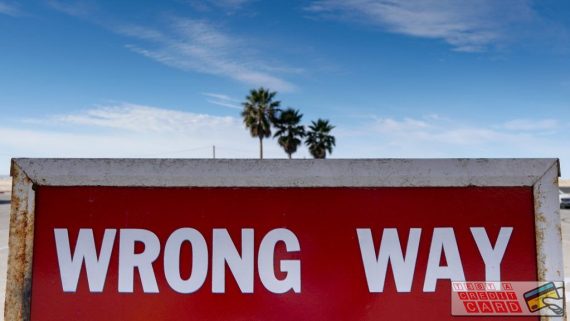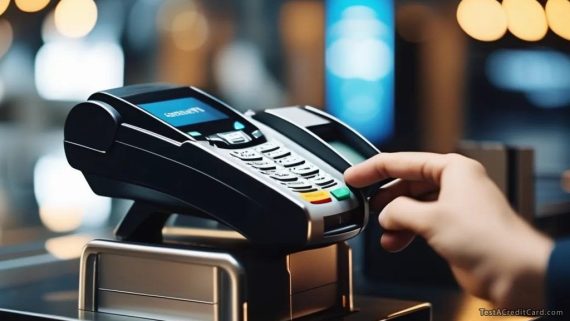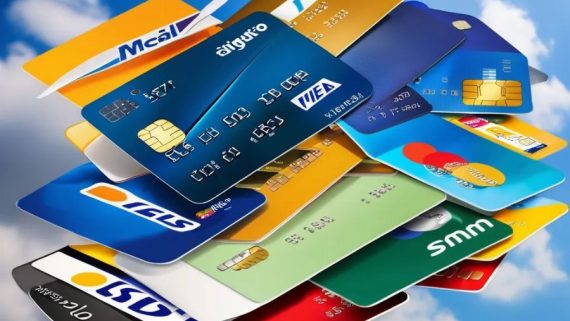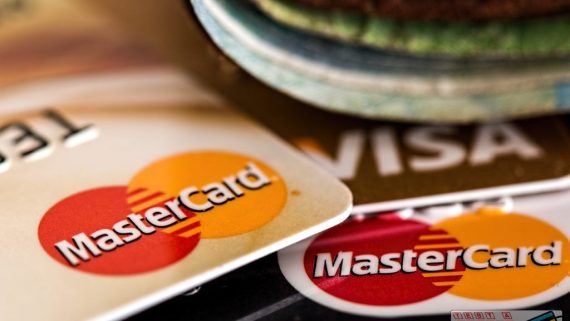Credit cards have become an integral part of our daily lives
Offering unprecedented convenience and financial flexibility. We use them to shop, travel, and manage our expenses. But have you ever wondered where it all began? Join us on a historical journey as we delve into the fascinating story of the world’s first credit card company, a pioneer that laid the groundwork for the modern credit card industry.
The Birth of Diners Club International – A Revolutionary Idea
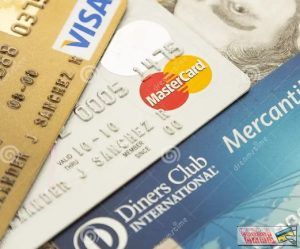 The year was 1950, and cash and checks were the primary modes of payment. However, one evening, a moment of inconvenience led to a remarkable idea. Frank McNamara, a successful New York businessman, found himself without enough cash to pay for a business dinner. Embarrassed by the situation, he contemplated a solution that would change the course of financial history forever.
The year was 1950, and cash and checks were the primary modes of payment. However, one evening, a moment of inconvenience led to a remarkable idea. Frank McNamara, a successful New York businessman, found himself without enough cash to pay for a business dinner. Embarrassed by the situation, he contemplated a solution that would change the course of financial history forever.
Inspired by the concept of “emergency credit,” McNamara envisioned a card that could be used to pay for meals at restaurants without the need for immediate cash. Together with his attorney, Ralph Schneider, and friend, Matty Simmons, he set out to turn this vision into reality.
Diners Club Takes Center Stage
On February 8, 1950, Diners Club International was born, and the world’s first credit card was issued to none other than Frank McNamara himself. The card was made of cardboard and featured the names of 27 participating restaurants in New York City, which agreed to accept this novel form of payment.
Diners Club’s initial target audience was business executives who frequented restaurants and needed a hassle-free payment solution. Cardholders paid an annual membership fee of $3 and could charge their meal expenses to their Diners Club card, which would then be settled at the end of the month.
A Trailblazing Success
The Diners Club card proved to be an instant success among its target audience. Its convenience and utility resonated with people, and within a year, Diners Club expanded its network to include establishments in other major U.S. cities. By the end of 1951, the company boasted over 42,000 cardholders and had expanded its services to Canada, Europe, and South America.
Innovations and Expansions
As Diners Club continued to flourish, the company introduced several groundbreaking innovations. In 1952, it issued the first travel and entertainment card, which allowed cardholders to charge travel-related expenses. This marked the beginning of credit cards as we know them today.
The success of Diners Club also prompted other financial institutions to explore the credit card space. American Express introduced its credit card in 1958, followed by Bank of America’s BankAmericard (which later became Visa) in 1959. MasterCharge (which later became Mastercard) followed in 1966, leading to a wave of credit card offerings and the rapid growth of the industry.
Legacy and Impact
The establishment of Diners Club International forever changed the landscape of financial transactions. Its innovative credit card concept paved the way for a new era in consumer finance, where plastic became a symbol of financial power and convenience.
Today, credit cards are a ubiquitous financial tool used worldwide, offering a vast array of benefits such as rewards programs, cashback incentives, and fraud protection. However, it all started with a simple cardboard card, an ambitious idea, and the determination of a few visionaries to transform the way we pay.
Conclusion
The story of the world’s first credit card company, Diners Club International, is one of ingenuity, innovation, and foresight. What began as a solution to a personal inconvenience rapidly evolved into a global financial revolution, shaping the way we manage our money and conduct transactions.
Frank McNamara’s visionary idea opened the floodgates for countless financial institutions to create their credit card offerings, creating a world where credit and convenience became inseparable. Today, as we swipe or tap our credit cards to make purchases, let’s take a moment to appreciate the trailblazers whose ideas and actions paved the path for the financial world we navigate today.

